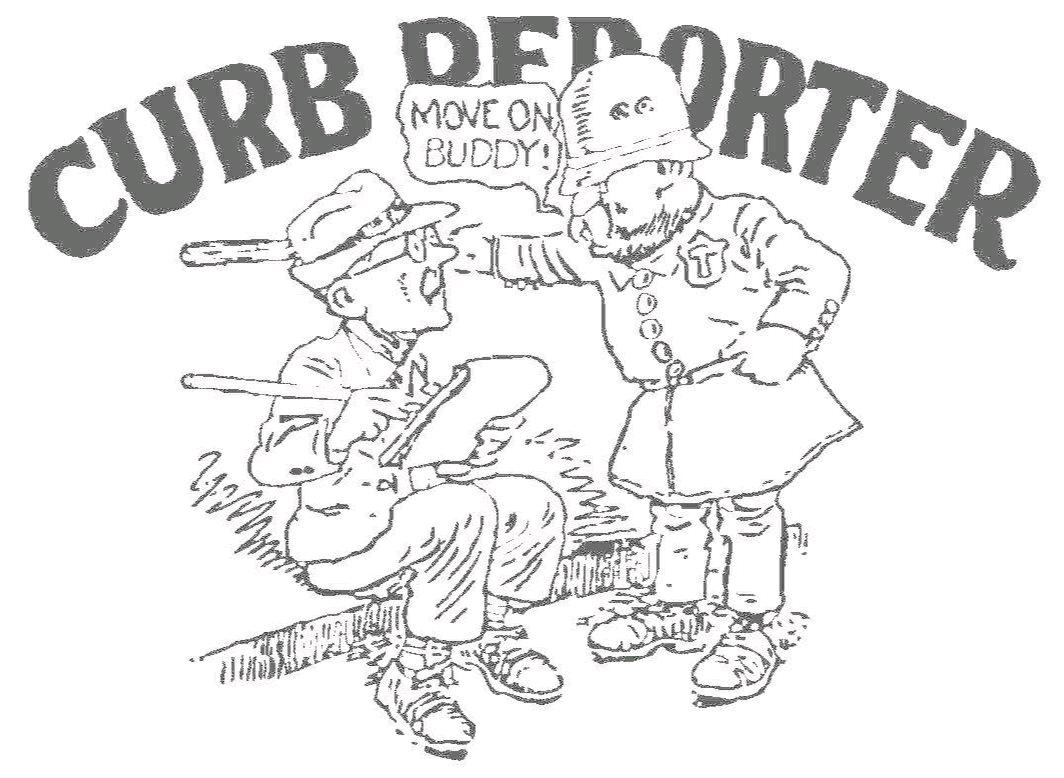Marriage amendment vote matters
Published 10:57 am Monday, April 23, 2012
The consequences of your vote, for or against the marriage amendment, will have a real effect on your family’s, friends’ and neighbors’ lives.
First, if the amendment does not pass, nothing changes. We will have the same laws that we have today with marriage limited to being between a man and a woman and other protections to unmarried couples, same sex couples, single parents and all of their children will remain in place.
The state of N.C. does not currently recognize domestic partnerships. Individual jurisdictions are allowed to register domestic partnerships and employers in N.C. commonly use an “Affidavit of Domestic Partnership” to extend their benefits package to unmarried couples and their children. 89 percent of Fortune 500 companies prohibit discrimination based on sexual orientation, including Bank of America, Lowe’s, Duke Energy, BB&T and Reynolds American (the five largest North Carolina-based public companies in that order). A domestic partnership does not ask the sex of the partners, so the same agreement protects both heterosexual couples and same sex couples.
The marriage amendment states, “A marriage between one man and one woman is the only domestic legal union that shall be valid or recognized in this state.” This means all unmarried partners and their children will suddenly lose all benefits, including their health insurance.
This amendment also will take domestic violence protection away from women. N.C. has in place domestic violence laws that help protect N.C. women from violence in their homes. Legal experts in N.C. believe that the new definition of a “domestic legal union” will invalidate these laws for all women except those who are legally married to a man. This will leave many N.C. women without the legal protection that they need.
If passed, Amendment 1 would have implications for single parents of adopted children, or for divorced couples raising adopted children. With the language used, children adopted who are not within a heterosexual marriage would be ineligible for any state benefits or assistance.
There are many more possible consequences of this amendment, if passed. Of course, we won’t know for certain what all of them will be until we get through the court system, as we will face years of fighting over what this amendment means and who it hurts. The other side of this is who does it help?
I believe most North Carolinians will vote against the amendment, once they understand the consequences.
~ Mary Hardvall, Tryon


